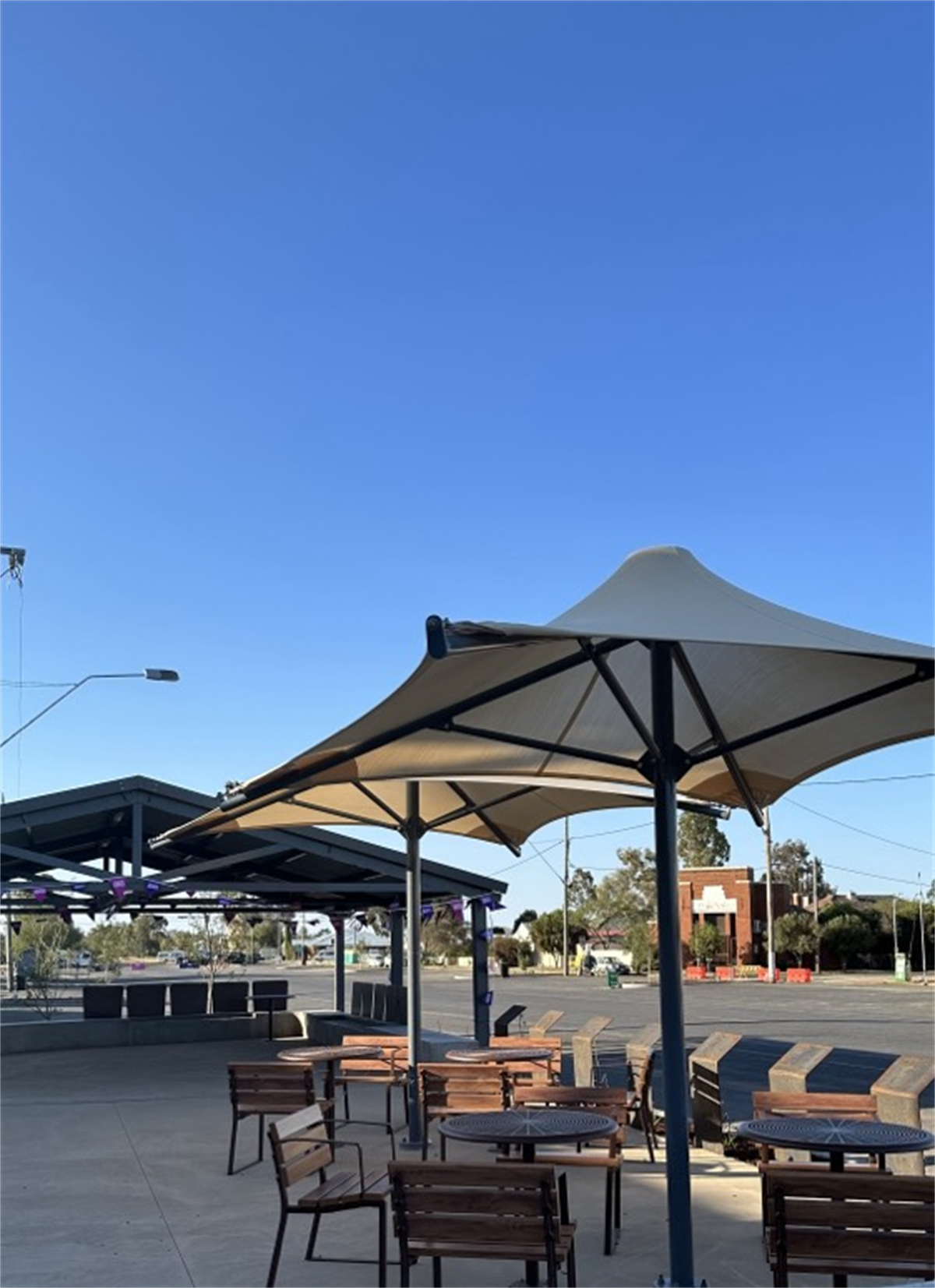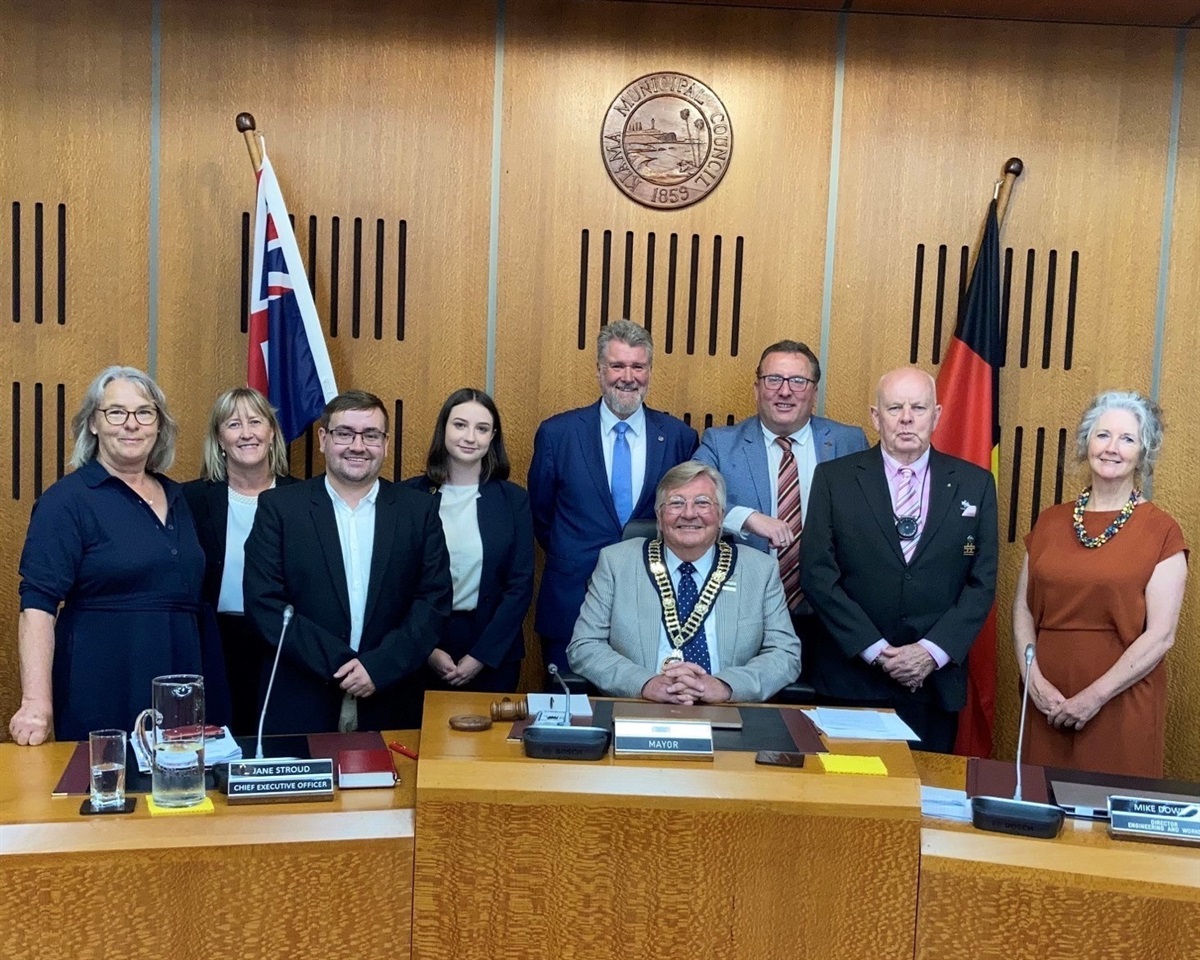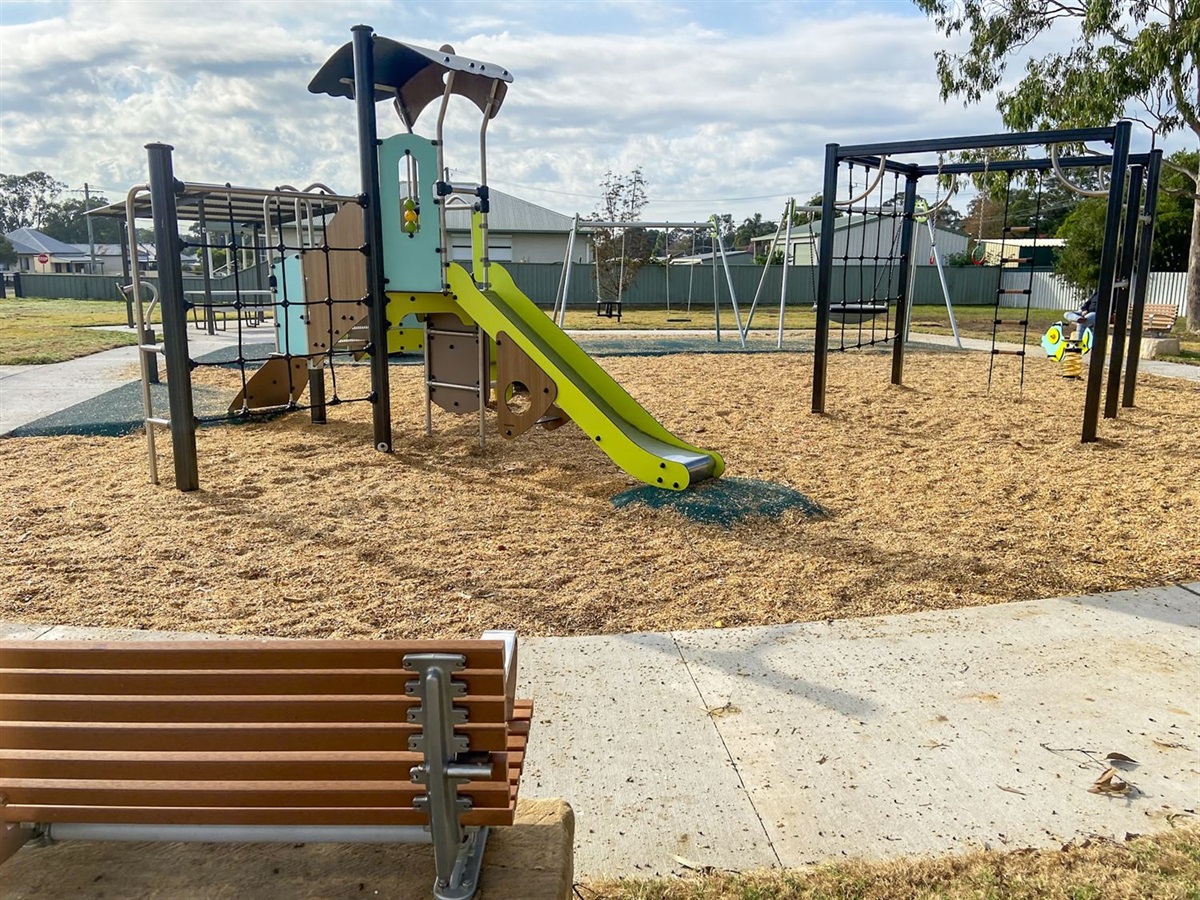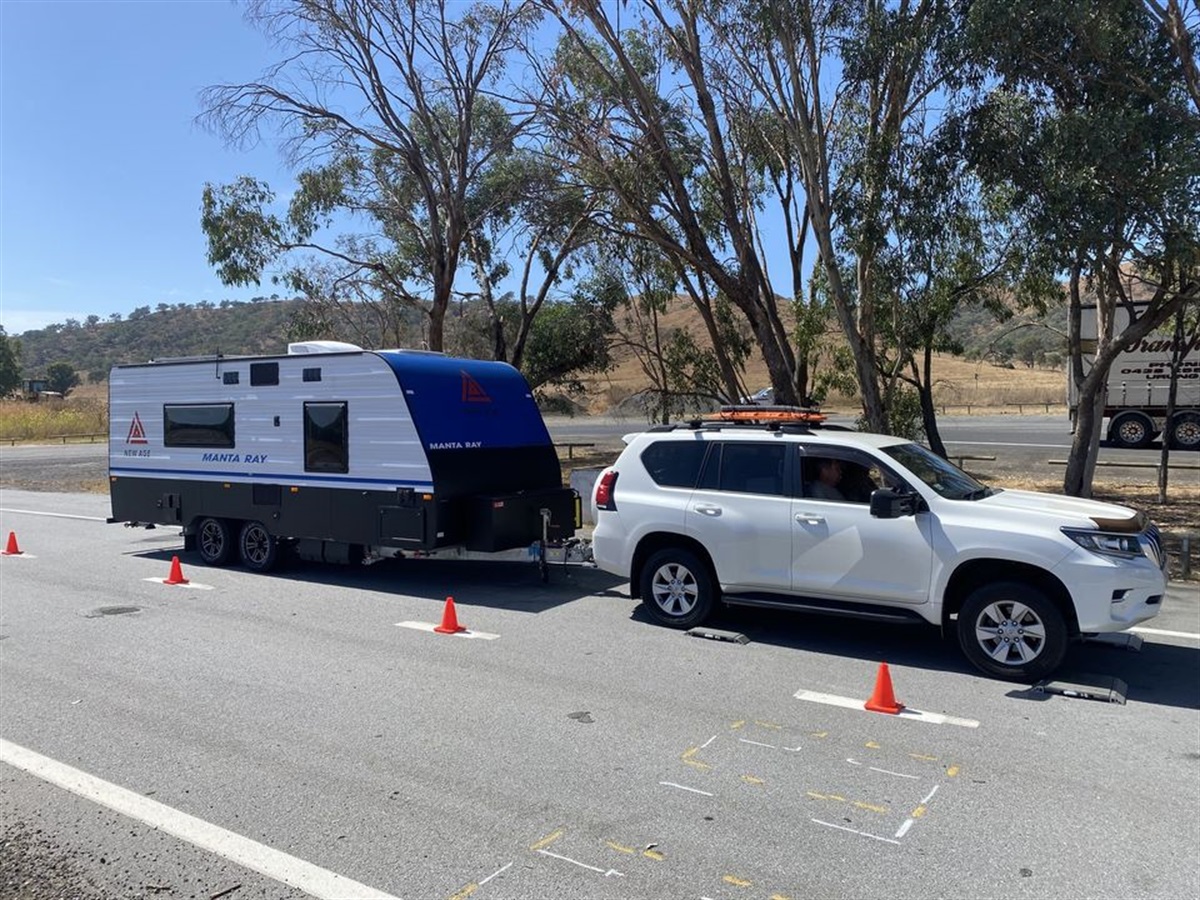A team from the Morrison Government’s National Environmental Science Program (NESP) has been awarded a prestigious Australian Museum Eureka Prize for its achievements in applied environmental research.
The nominations of three NESP hubs for this year’s awards highlighted the importance of environmental research to the nation, particularly for informing practical actions to improve our environment.
At last night’s virtual awards ceremony, a NESP Marine Biodiversity Hub team was awarded the Applied Environmental Research Prize for its shellfish reef restoration.
This is a wonderful acknowledgement and showcases the important work being carried out by NESP researchers to inform practical action for our environment and local communities.
These actions are built on the strong relationships between researchers, industry, Indigenous and community groups, and governments.
Working with The Nature Conservancy, the NESP Marine Biodiversity Hub team collaborated with Traditional Owners, industry, community groups, non-government organisations and policy-makers to develop methods to rebuild Australia’s shellfish reefs. These reefs were once common but are now considered functionally extinct because of overfishing.
Shellfish reef restoration projects underpinned by the team’s research are now happening, funded in part from the Morrison Government’s Relief and Recovery Fund which allocated $20 million to restore up to 13 reefs across the country in places like Albany, the Sapphire Coast, Kangaroo Island and Noosa. These will help bring back the reefs’ vital services, including cleaner water, more fish and protected shorelines in addition to creating dozens of local jobs and creating lasting tourism benefits through diving and recreational fishing opportunities.
The NESP Marine Biodiversity Hub’s research has already helped to support the success of a number of projects including a20-hectare shellfish reef restoration at Windara reef in Gulf St Vincent, South Australia, which has created a limestone reef seeded with more than seven million Australian Flat Oysters. The project is generating new opportunities for employment, aquaculture, ecotourism, recreational fishing, volunteering and community education programs.
The Morrison Government invested $145 million between 2015-21 in six NESP hubs for Phase 1 of the program and is providing an additional $149 million for Phase 2, extending the program through to 2027.
NESP is one of the Morrison Government’s key investments in climate adaption resulting in more than 300 successful projects that support decision makers from across the community while achieving many positive environmental, social and economic outcomes.
I congratulate the NESP Marine Biodiversity Hub and team on this well-deserved award. I also commend the NESP Northern Australia Environmental Resources Hub’s Kakadu team and the NESP Threatened Species Recovery Hub’s cat team, which were finalists in the STEM Inclusion and Applied Environmental Research categories respectively.








